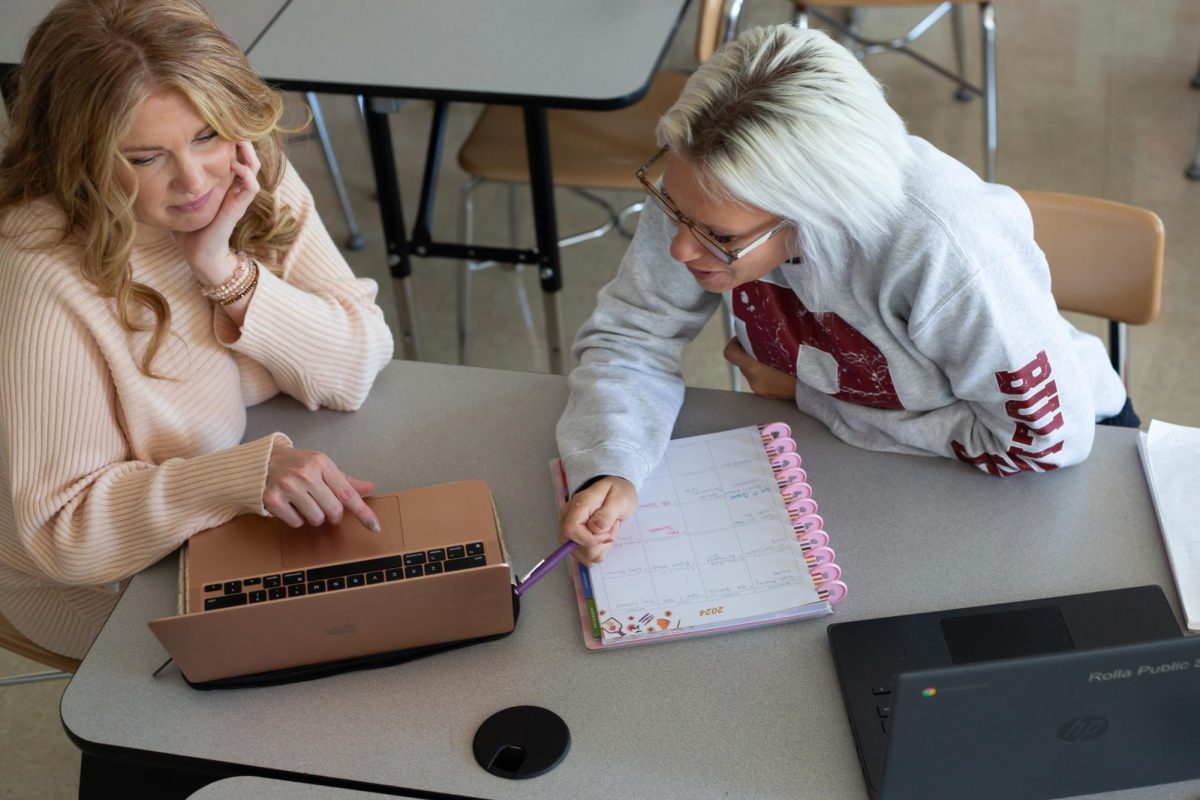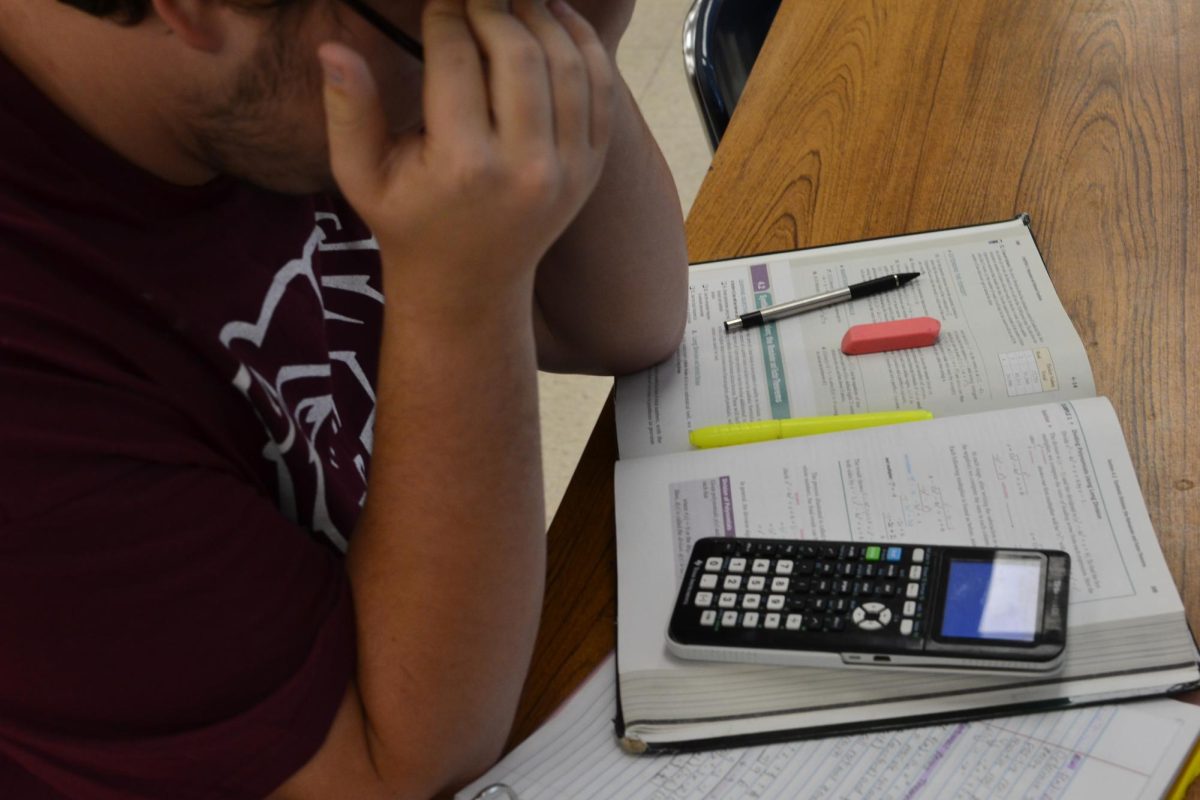A day off school for students is widely appreciated, but teachers have fewer opportunities to stay home. Professional Development (PD) days take place every few weeks as a work day for teachers, but what actually happens during a PD day? Little about these mysterious working days are known, but English teacher Star Hargis has lots of insight into the process.
“Some PD days are spent on work for the district, and some PD days are spent on work for the school, and some…are spent on individual development,” Hargis said. “Sometimes we [teachers] go over data because it’s one of the few times when a bunch of teachers can meet at the same time. So we look at EOC results and we examine what they mean, and we think about what to do next. Sometimes we do training in different facets that are helpful to the school.”
PD days are like school, but teachers are the ones learning. They get together and engage in new ways to improve the school and their classes. The day is typically full of meetings with teachers and school administrators.
Math teacher Tyler Nepean is very familiar with these meeting-heavy days.
“Yeah, it depends. We have faculty meetings where we’re all in there and then we break out into department meetings,” Nepean said, “It’s pretty much show up and do whatever’s been set forth”.
The most recent PD day took place Monday, Oct. 7 when the teachers and district personnel heard from keynote speaker Josh Varner. Varner educated the district on being more informed when it comes to students and how trauma affects the human brain.
“[The professional development session emphasized] the need to be mindful of how trauma can fundamentally change the brain and how our understanding of that can change the way we interact with students,” Hargis said. “Many students and teachers have trauma that has reshaped and rewired their brains and this can cause us to exhibit behaviors and actions that we are not even aware of at certain times.”
Hargis used this opportunity to reflect on the importance of positive experiences in nurturing young minds.
“I know that it was a needed reminder for me of the importance of every interaction I have with students and how much each word, action, and relationship matters to our students, not just in the moment but for a lifetime,” Hargis said. “Our brains tally that information and process it in ways we do not even realize. I hope all of us take that to heart and remember that good mental health is a lifetime process that starts early. I think that is more important than anything else we discussed yesterday because that is about creating better human beings and not just better students.”
Teacher work days are educational experiences for teachers and are set aside for the development of school curriculum, policies, and structure. While they may just seem like a day off for students, PD days are more than just a day for kids to sleep in. They’re an opportunity for faculty to evolve and update courses of study.
“PD days are one of the few days that we can actually all meet collectively as a group,” Hargis said. “It’s a good time to be able to collaborate with fellow department members and also fellow faculty.”










